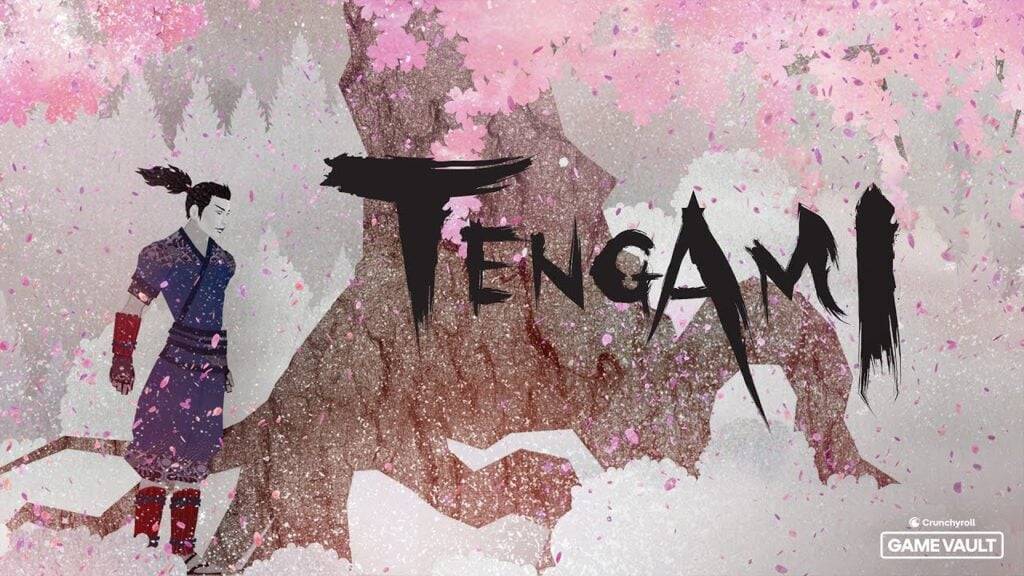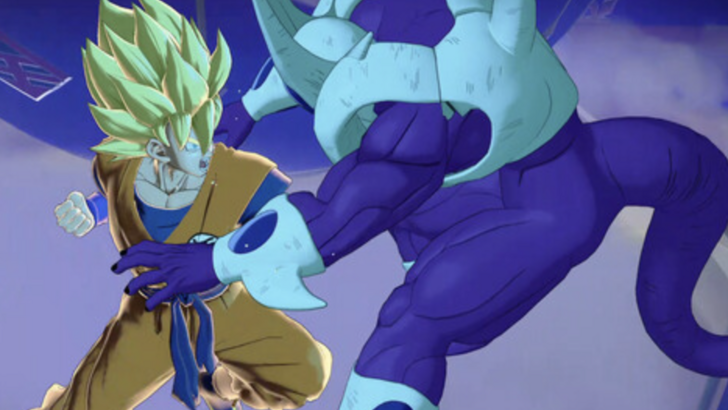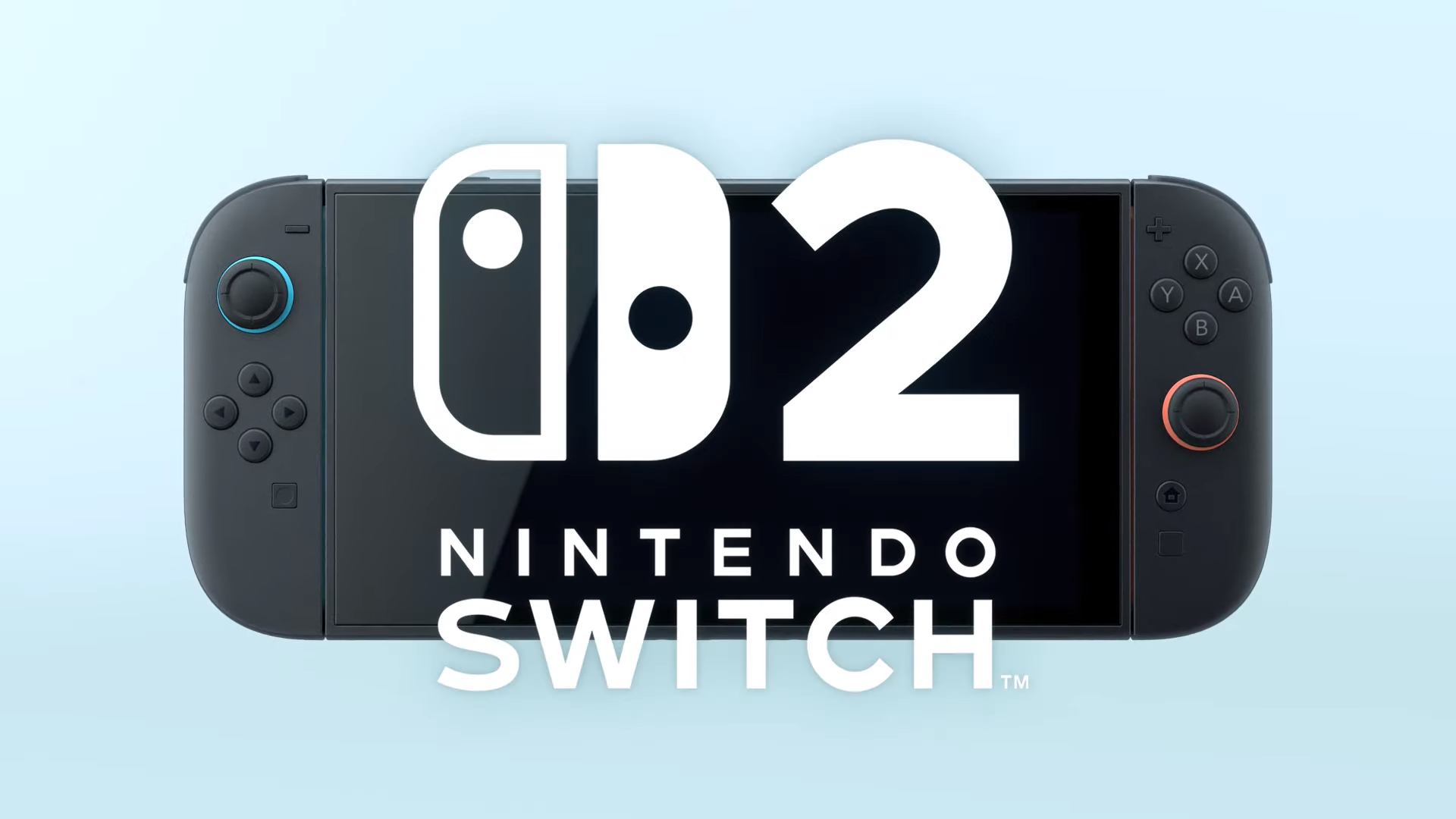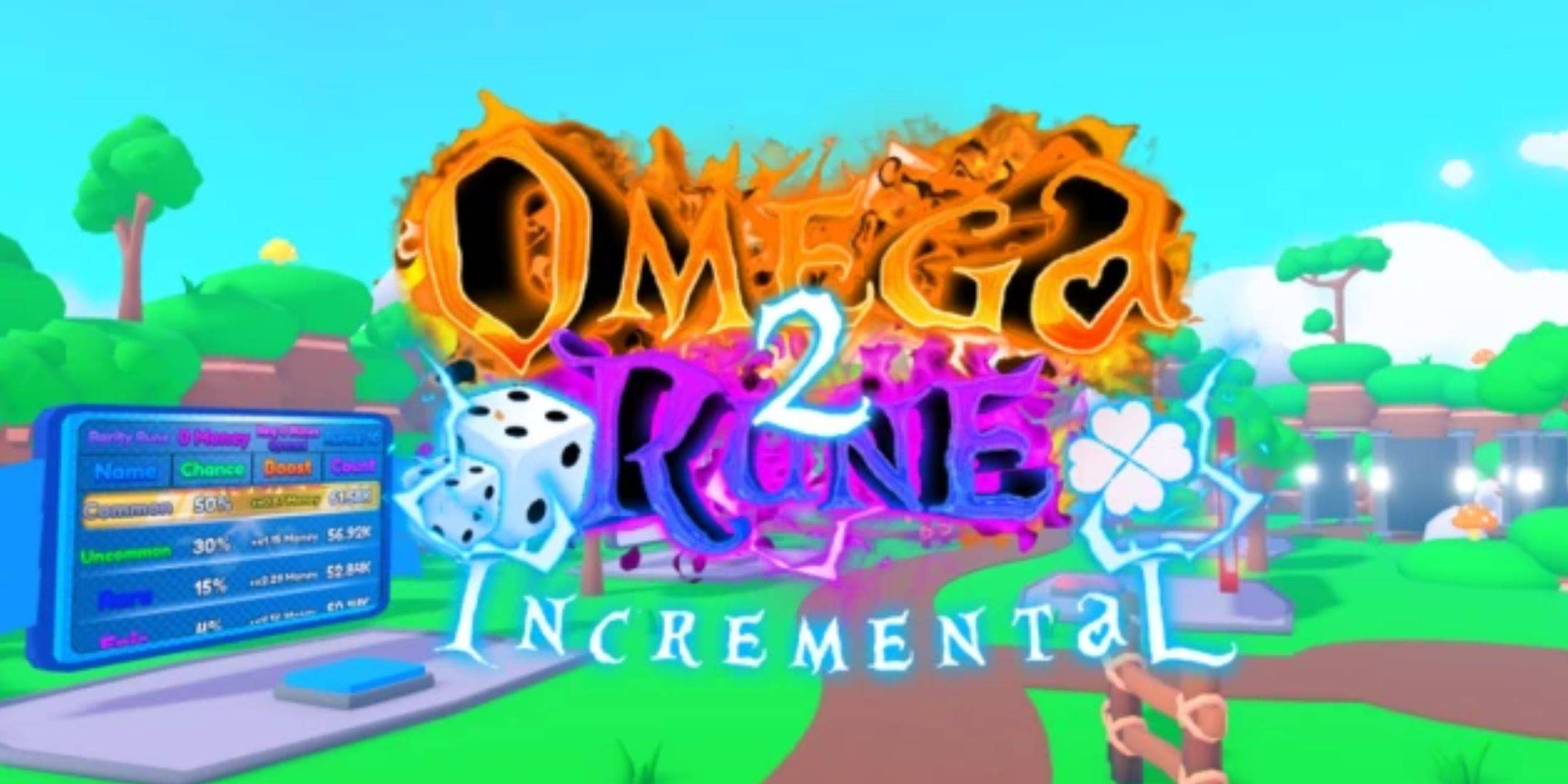Meta-Horror Games: Unveiling Their Unique Appeal
- By Grace
- Apr 26,2025
In the ever-evolving gaming industry, particularly within the horror genre, developers and players alike often ponder how a game can effectively instill tension and fear. As familiar mechanics become predictable over time, the success of a horror game increasingly hinges on its design, narrative, and storyline. While truly exceptional games are rare, they do emerge from time to time, capturing the imagination of gamers everywhere. Today, I want to delve into some of these standout titles within the realm of meta-horror.
Let's use the term "meta-horror" to describe this intriguing subgenre of horror games. The hallmark of meta-horror is its ability to break the fourth wall, engaging not only with the game's characters and world but also directly with the player. This innovative technique, along with its myriad applications, elevates a game to the status of a true masterpiece. If you've played or watched walkthroughs of the games I'll discuss, you've likely experienced a sense of intrigue and astonishment.
A notable early example of breaking the fourth wall is Psycho Mantis from Metal Gear Solid. In a pivotal moment, the boss character prompts you to put down your controller—an action that may seem commonplace now but was groundbreaking in 1998. Hideo Kojima pushed the boundaries by using the DualShock controller and console capabilities, allowing Psycho Mantis to manipulate the device, reveal your favorite games, and heighten the pressure on players unaccustomed to such interactions.
Since then, this technique has been adopted in various games, including Deadpool, Detroit: Become Human, and Nier Automata. However, many of these instances limit the fourth wall break to direct player address, offering little else. Unless a game aims to surprise and engage players through this interaction, breaking the fourth wall remains a delightful but supplementary feature.
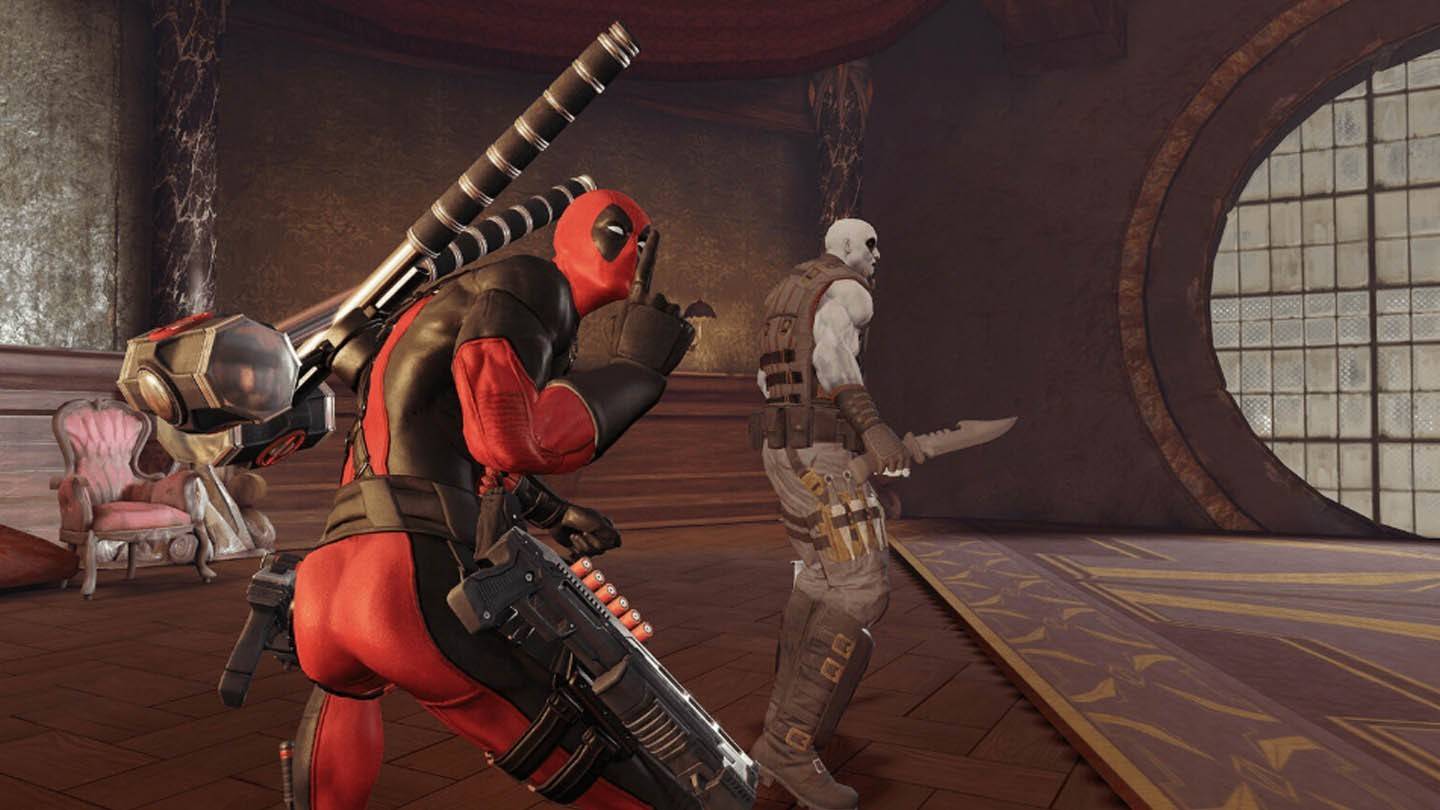 Image: reddit.com
Image: reddit.com
Among more recent releases, Miside stands out for its "elements of meta-horror." However, the meta-horror aspect is somewhat limited to player interaction, further complicated by its "game within a game" structure. This intriguing feature might warrant a deeper exploration in a future discussion.
Doki Doki Literature Club!
 Image: reddit.com
Image: reddit.com
Released in 2017, this visual novel initially presents itself as a charming romantic comedy but quickly takes a dark turn. It's a true meta-horror experience! The game goes beyond simply addressing the player; it accesses your operating system username and creates files with intriguing content, serving both as storytelling tools and gameplay mechanics.
The literary club featuring beautiful 2D girls quickly garnered a fanbase, conspiracy theorists, and admirers for its innovative approach. While not entirely novel, Doki Doki Literature Club! (DDLC) popularized this style. With nearly four years since its last update, fans eagerly await the next project.
OneShot
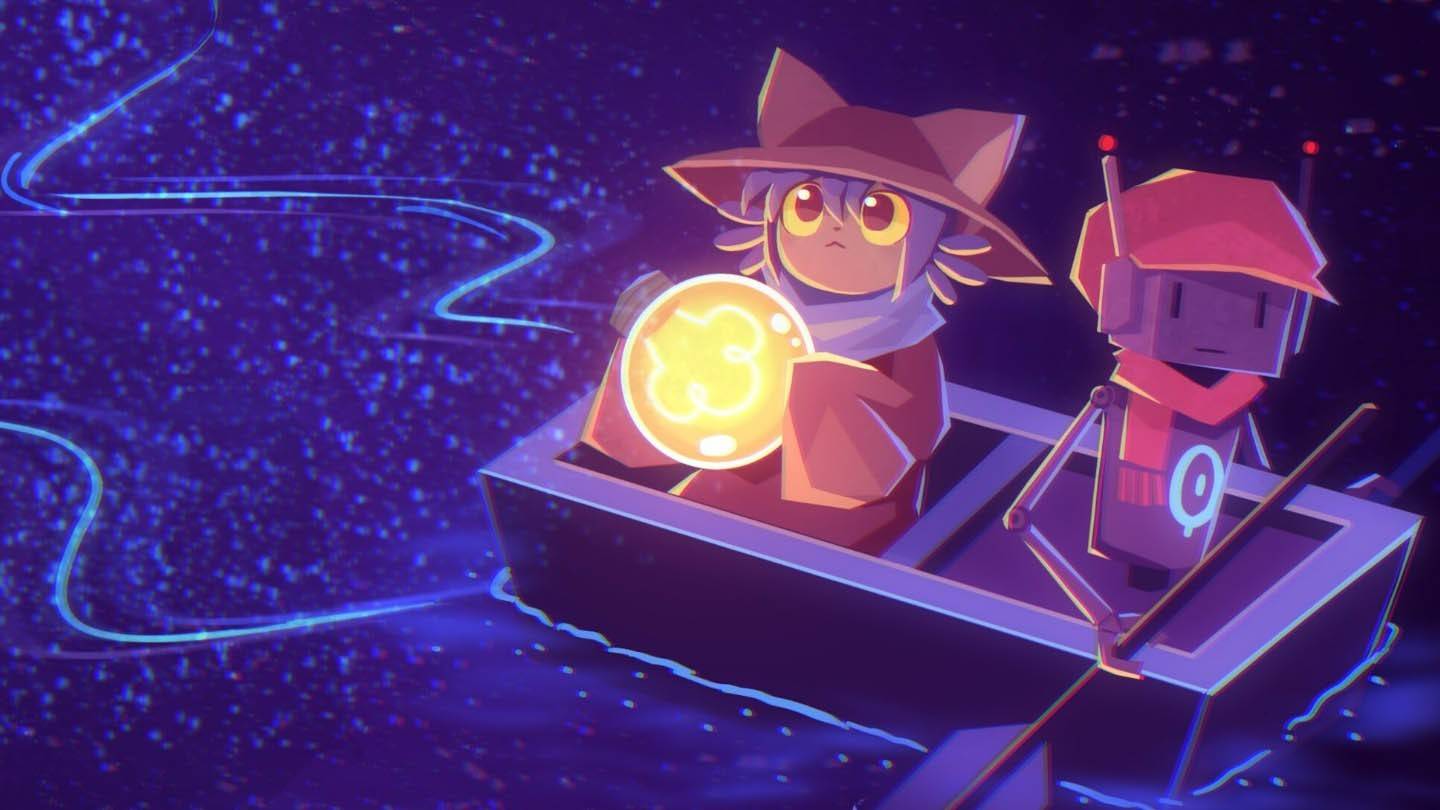 Image: reddit.com
Image: reddit.com
Shifting from visual novels, let's explore this RPG Maker adventure that pushes the boundaries even further. Despite not being marketed as a horror game, it contains unsettling moments. In OneShot, you guide your character to save the world, but the game is acutely aware of your presence.
It directly addresses you through system windows, creates helpful files, and even changes its title, all integral to the puzzle-solving process. Unlike DDLC, OneShot fully utilizes these capabilities, offering an engaging experience. For many, including myself, this was their first encounter with the genre, leaving a lasting impression. I highly recommend experiencing it firsthand rather than just reading about it.
IMSCARED
 Image: reddit.com
Image: reddit.com
Finally, we arrive at the pinnacle of meta-horror. When planning this article, IMSCARED immediately came to mind, making everything else an introduction.
Some view these games as viruses, which isn't entirely unwarranted. They access system data, delete or create files, but reputable meta-horror games are not dangerous. However, beware of malicious programs disguised as games, though they are rare.
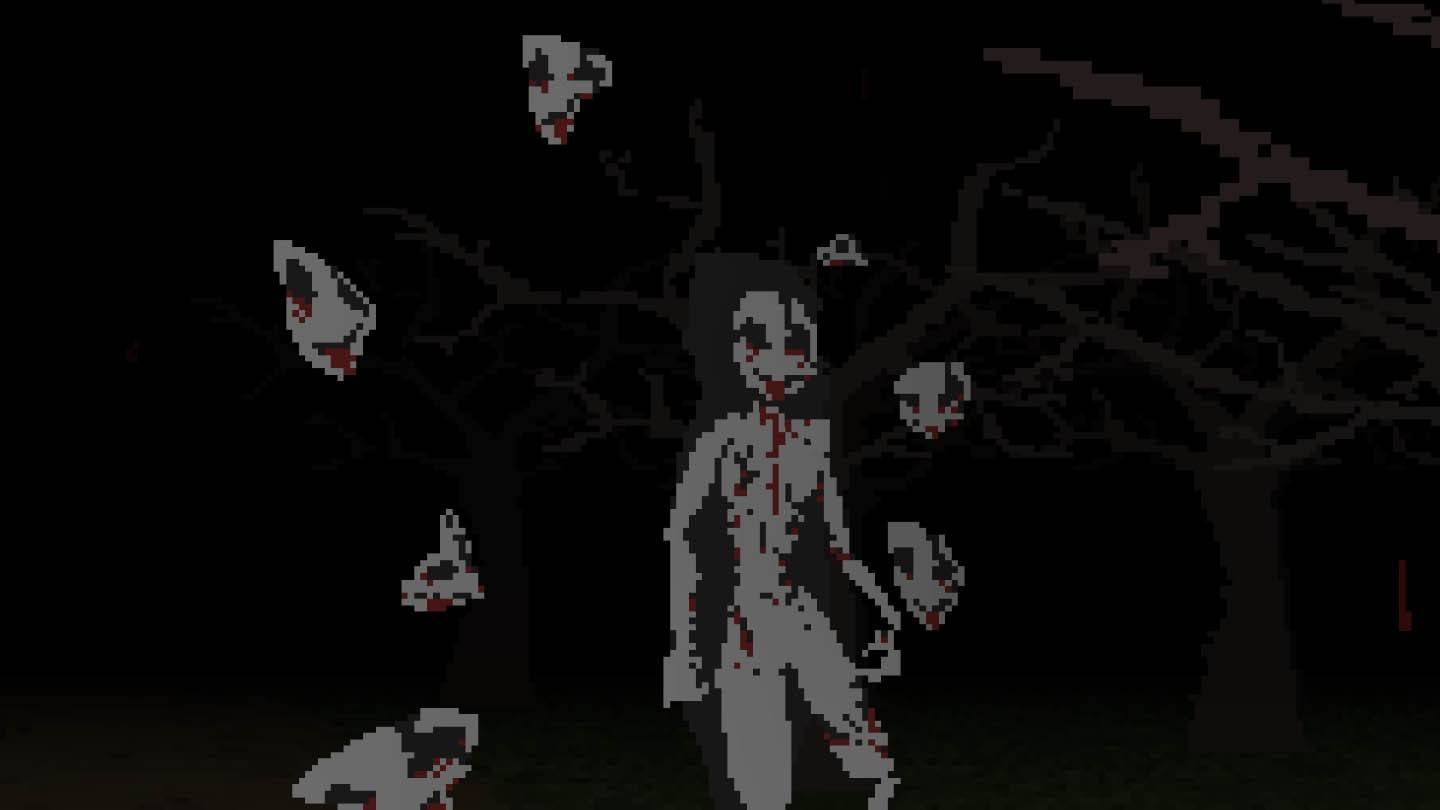 Image: reddit.com
Image: reddit.com
IMSCARED assures you it's not harmful upon launch. The developer explains potential antivirus flags, easing concerns. However, what follows is extraordinary. IMSCARED doesn't consider itself a game but a self-aware entity, a virus that interacts with you rather than the other way around. This concept drives the entire gameplay. It manipulates you by crashing, minimizing windows, controlling your cursor, and creating necessary or disruptive files.
Released in 2012, it has seen several updates, remaining fresh even in 2025. Expect frustration from frequent crashes and minimizations, but the experience is worth it. For me, IMSCARED epitomizes meta-horror, terrifying not just through visuals but by interacting with your system.
Conclusion
While numerous games employ similar techniques, few master them like the ones discussed here. Meta-horror offers unique sensations, and I highly recommend trying at least one. If visual novels aren't your thing, consider OneShot or IMSCARED. For fans of randomness and survival, Voices of the Void provides another exciting option.
Latest News
more >-

-

-

-
- Cardinals Watch Conclave Ahead of Key Event
- Feb 15,2026
-
